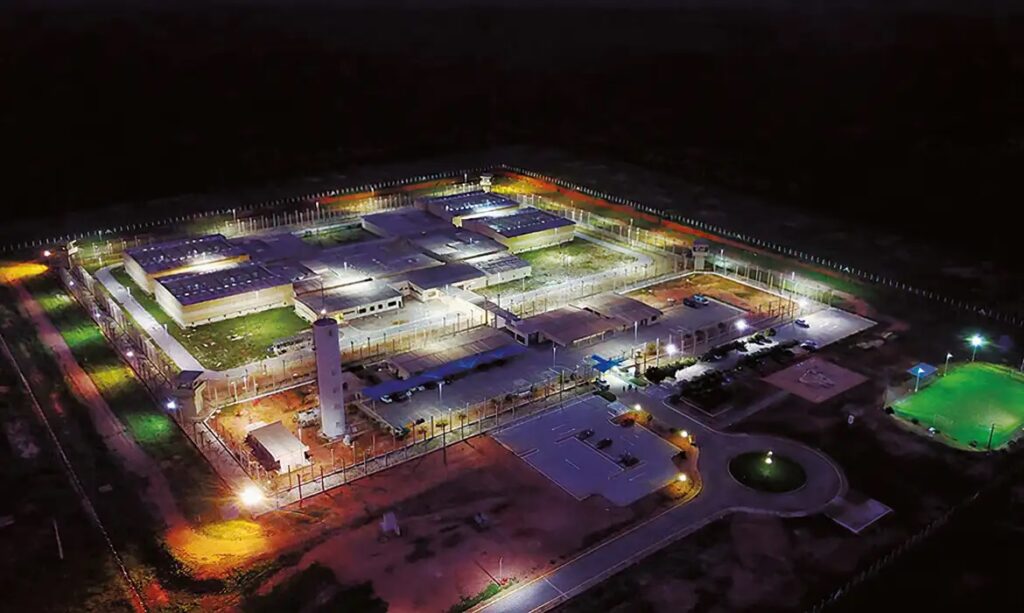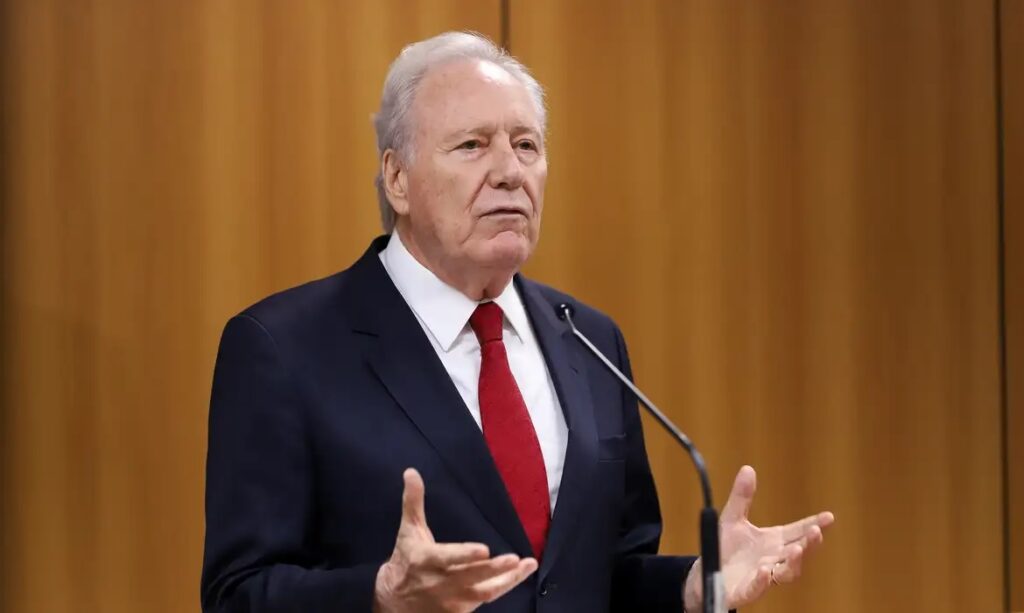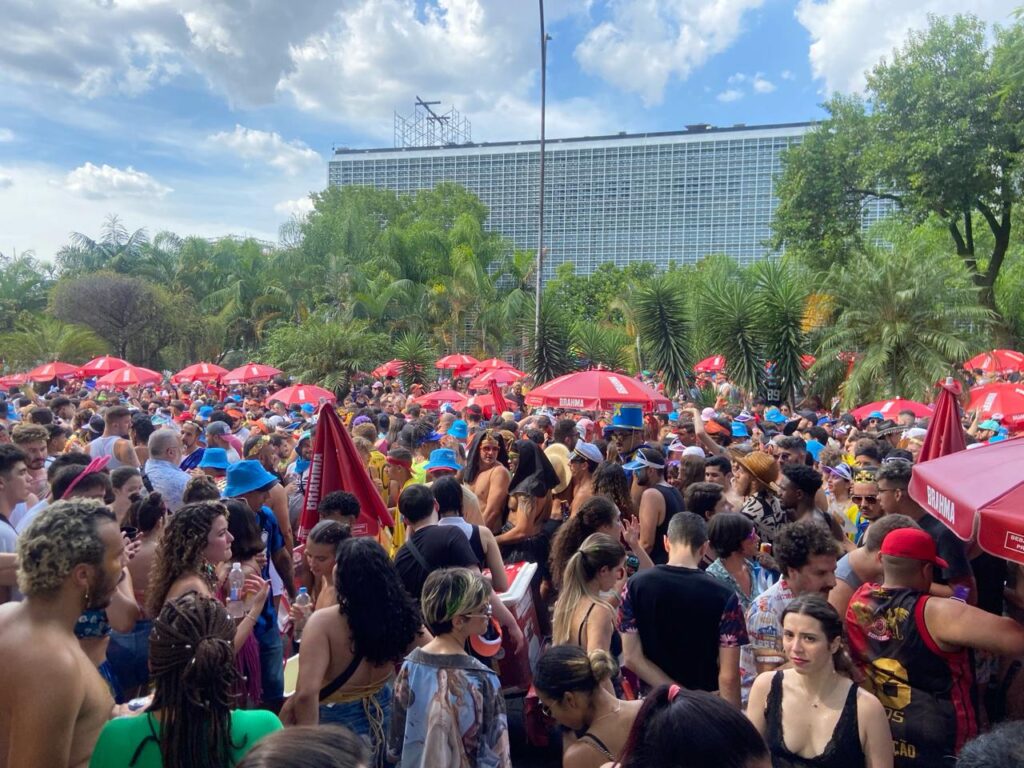São Paulo, Brazil – After 50 days and a cost of R$2 million (USD $400,000), the search for two fugitives from a maximum security federal prison in Mossoró, Brazil ended on April 4 with security forces re-capturing the fugitives.
The escape, which took place on February 14, was the first in the history of Brazil’s federal prison system, which opened in 2006 during the first term of President Luiz Inácio Lula da Silva.
Brazil has five federal prisons which are designed to receive the most dangerous of the country ‘s criminals. Such was the case of fugitives Rogério da Silva Mendonça, 35, and Deibson Cabral Nascimento, 33, also known as “Tatu” or “Deisinho.”
They are alleged members of Comando Vermelho, the largest drug trafficking organization in Rio de Janeiro, and have already been convicted of crimes such as homicide, robbery, drug dealing and criminal organization.
Mendonça, who has a tattoo of a swastika on his left hand, was sentenced to 74 years in prison and faces more than 50 lawsuits, and Nascimento was charged in more than 30 cases and has already been sentenced to 81 years in prison. Brazil has abolished both life sentences and the death penalty.
Read more: Prisoners escape from federal maximum security prison in Brazil for first time in history
According to police, the prisoners took advantage of a renovation at the Mossoró prison in the northeastern state of Rio Grande do Norte to open a hole in their cells and escape. The escape was only noticed two hours later, which led the Ministry of Justice to review all security protocols in federal prisons. The escape also led to the change of the entire management of the penitentiary.
The search for the prisoners involved over 600 personnel from the Federal Police and the National Security Force. During the 50 days, seven people were arrested on suspicion of having helped the fugitives. Mendonça and Nascimento were arrested on April 4 in the city of Marabá, in the northern state of Pará, 1,600 kilometers away from the Mossoró prison. Police reportedly believe they were trying to flee the country.

In addition to Mendonça and Nascimento, police arrested four other people who were providing a type of “escort” to the fugitives. Three cars used in the group’s escape, a rifle, eight cell phones, cards and money were also seized by the agents.
Minister of Justice Ricardo Lewandowski classified the group as a “crime train” and said that the fugitives received help from organized crime. He said that the recapture of Mendonça and Nascimento represents a victory for the Brazilian state against crime.
“It is a victory for the Brazilian State, for the Brazilian security forces, which demonstrates that organized crime in our country will not be successful,” said the minister. He also confirmed that the two fugitives returned to the Mossoró prison.
What is Brazil’s federal penitentiary system?
In Brazil, common prisons are managed by state governments. The federal penitentiary system is the only exception and was created in 2006, with the aim of combating organized crime, isolating criminal leaders and extremely dangerous prisoners. There are five maximum security prisons throughout the country.
To be transferred to a federal prison, the prisoner must meet certain criteria, such as having a leadership role or participating significantly in a criminal organization or being involved in repeated cases of crimes involving violence or serious threats.

Federal prisons operate with a different discipline protocol. For example, the showers only turn on at a set time, the food trays are inspected, prisoners’ movements from cells to the outdoor patios are done with handcuffs, and visits are also controlled. The level of monitoring is higher than in regular prisons as well, therefore, until the February 14 escape, there had never been an escape from a federal prison.
Federal prisons house some of Brazil’s most dangerous criminals, including the escaped convicts’ boss, Comando Vermelho leader Fernandinho Beira-Mar. After Mendonça and Nascimento escaped, Beira-Mar was also transferred to another federal prison, in the south of the country.











